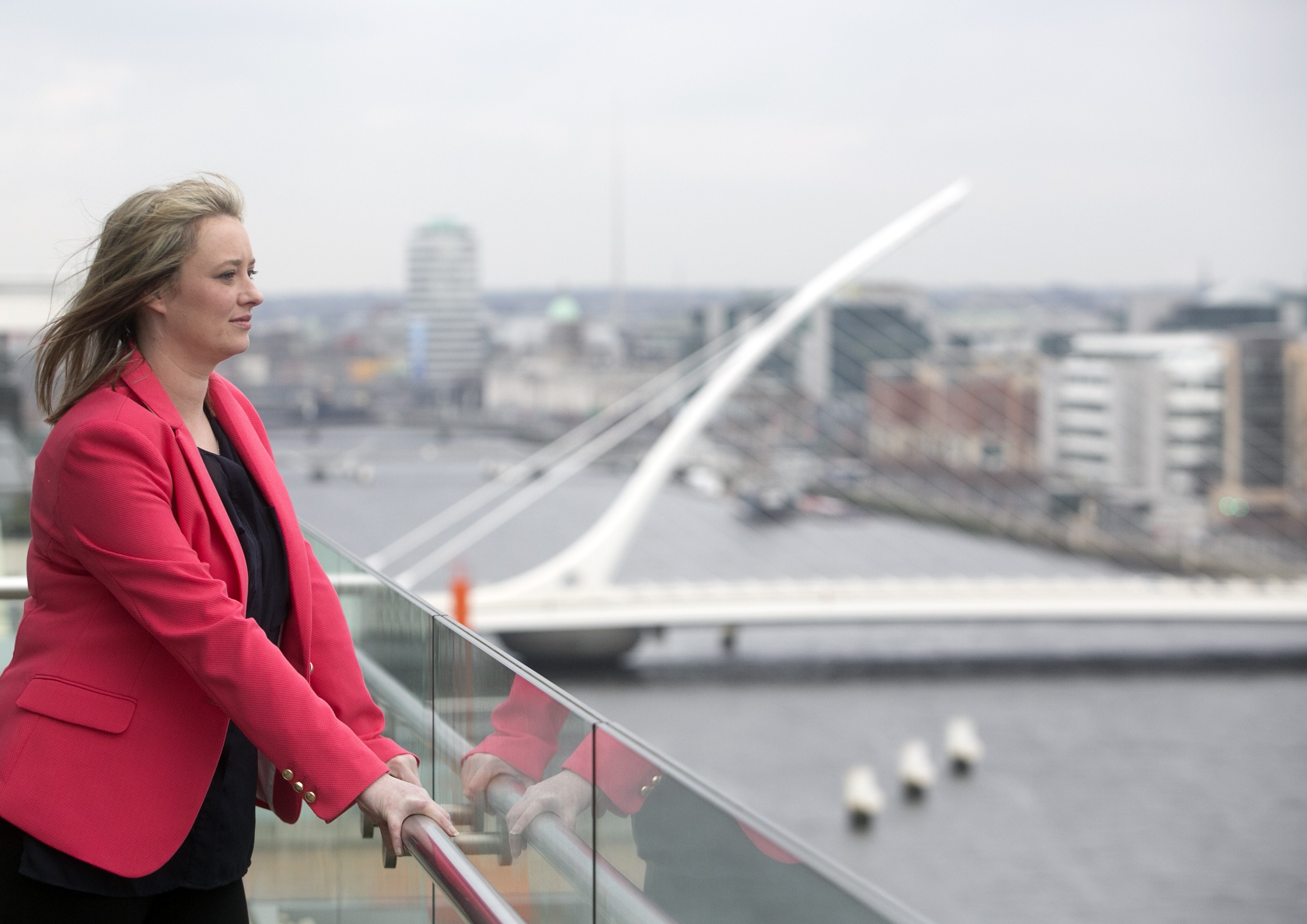This is a tale of two women. One the victim of racism, the other the victim of rape. One hounded by the tabloid press, the other traduced by the ultimate quality newspaper. A bi-racial woman spectacularly failed by the royal family. A raped child spectacularly failed by The Guardian newspaper.It’s hard to believe that this week fifty years ago, women of all colour and creed braved blizzards on the streets of New York and London (and a metaphorical blizzard in the Late Late studio in Dublin), marching to bring women’s rights in from the cold. Accordingly, the first weapon trained against…
Cancel at any time. Are you already a member? Log in here.
Want to read the full story?
Unlock this article – and everything else on The Currency – with an annual membership and receive a free Samsonite Upscape suitcase, retailing at €235, delivered to your door.

